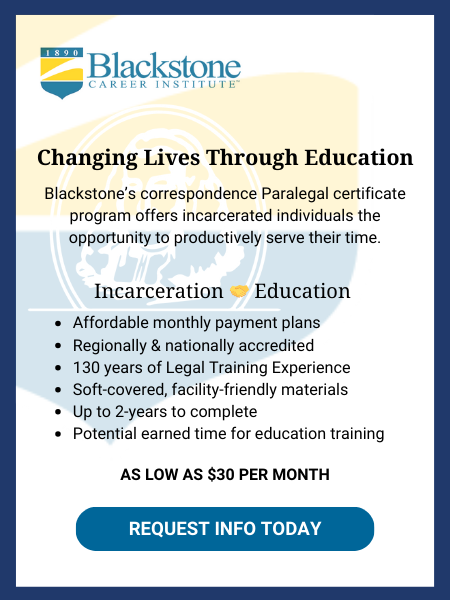Birth Pangs of Bail Reform Come to Texas
by Ed Lyon
For scores of years, excessive bail amounts for fiscally impoverished individuals accused of crimes have been a major factor in jail overcrowding. This, in turn, leads to violence and excessive additional costs to cities, counties, and parishes across the United States.
Far exceeding its intended purpose of ensuring an accused’s appearance in court, the cash bail system has evolved into nothing less than a combination of pre-trial incarceration and a cash cow for bail-bond agencies willing to further capitalize upon the miseries of our nation’s most destitute citizens.
At long last, though, our society is slowly awakening to this anathema.
Texas is well-known for its tough-on-crime ethos and conservative political stance, such that no Democrat has held a state-wide office since 1994 in the Red State.
Harris County’s Houston is the largest city in Texas and the fourth largest and most demographically diverse in the U.S. In 2017, a federal judge found the county’s cash bail system unconstitutional, ordering reforms and jail releases. The county’s criminal-court judges ordered the ruling to be appealed. Unable to obtain a stay pending appeal, the judges set out to torpedo any successful implementation of a workable cashless bail-release system.
Harris County Criminal Court Judge Darrell Jordan publically blew the whistle on 14 of his arch-conservative colleagues who had “taken steps to sabotage the federal injunction and to manipulate the bond-forfeiture statistics to make it look like people released on unsecured bond pursuant to the federal order are failing to appear in droves.” One method used was to set court dates less than 24 hours after an accused’s release. Jay Jenkins of the Texas Criminal Justice Coalition stated, “People were being released without being told when their court dates were. Public defenders would tell their clients, ‘I think you might have a court date tomorrow, even though they say it isn’t until next week.’ Some clients would wait and sleep outside the courthouse on a bench.”
The county’s heavily diverse population would remedy all of this in the 2018 November general election when its voters decided the best “men” to implement the cashless bail system were women. In what has been labeled “The Blue Wave,” 19 women, 15 of color, were elected to Harris County Criminal Court benches. The appeal of the federal court’s decision and injunction was ordered to be withdrawn and the new “Her Honors” jumped into the middle of the problem headlong with both feet in a so-far stunningly successful effort to implement a robust cashless bail system.
Worries over accused persons failing to appear (“FTA”) for court dates are largely unfounded. Many studies across the U.S. show FTA rates vacillate between 15 to 30 percent, comparable to missed medical appointments and for comparable reasons to include child care, lack of transportation, and inability to take off from work or school. A U.S. Justice Department Bureau of Justice Statistics study showed that over 75 percent of all accused persons made their first court dates. Ninety-four percent of the less than 25 percent who missed their first court dates did show up to court within a year. As evidenced by the Houston accuseds who spent the night sleeping on court benches rather than chance missing a court date, people do want to do the right thing.
Other jurisdictions such as New York City have found that by simplifying court summons’ documents to be more easily read and understandable and sending reminder text messages to accused persons, its FTA rate fell by a stunning 32 percent.
The vast majority of people arrested on low-level drug and property crimes will not abscond and live their lives on the lam if released on a cashless bail, as urged by organizations like the American Bail Coalition. Ask any of the Blue Wave judges in Houston, Texas. They will no doubt be elated to explain how it is possible to help an accused person make court appearances without imperiling their freedom and destroying their constitutionally guaranteed presumption of innocence. This is the reality in their courts. If Houston and New York City can do it, every other jurisdiction in the U.S. should be able to show similar success with cashless bail systems.
---
Sources: theappeal.org, Texas Standard news broadcast on KUHF radio (January 17, 2019), KPFT radio’s Prison Show’s Michael Allen of End Mass Incarceration broadcast (January 18, 2019)
As a digital subscriber to Criminal Legal News, you can access full text and downloads for this and other premium content.
Already a subscriber? Login





